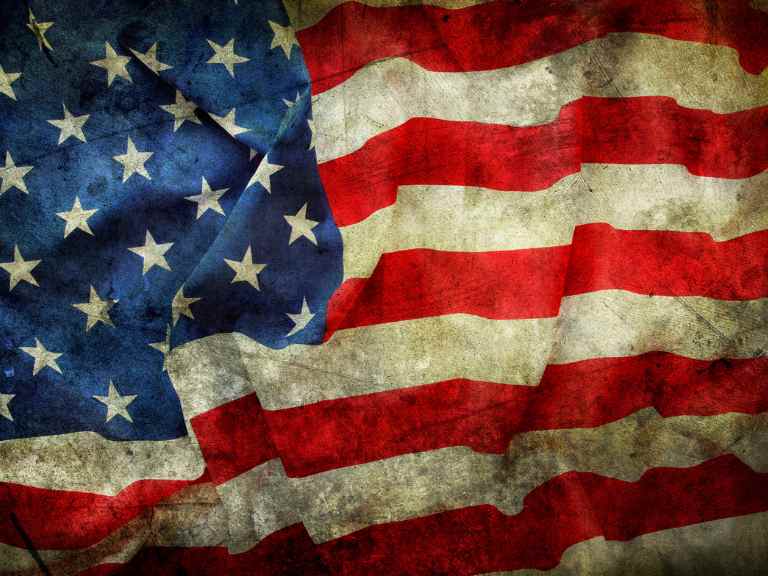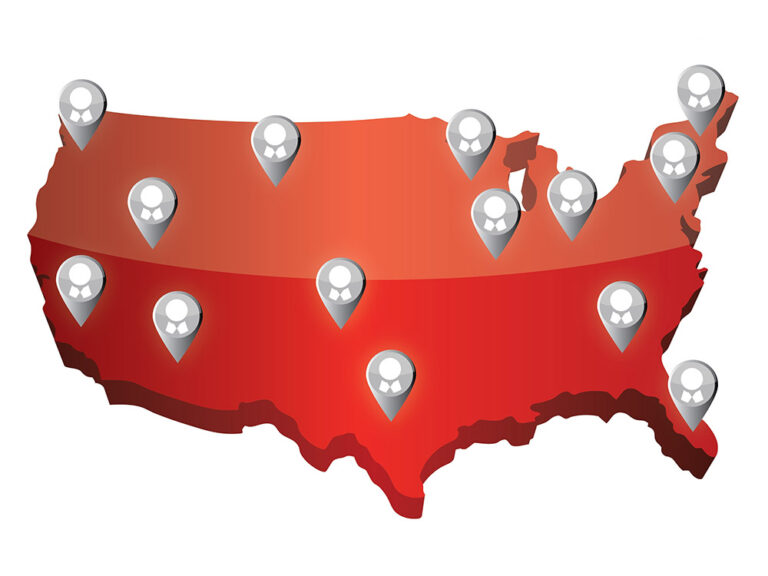Sales tax has always been a complicated web of regulations and laws for retailers to untangle. For e-commerce companies in particular, it was difficult to know when and how to collect sales tax based on where they had physical nexus. Now, with the recent Wayfair decision from the US Supreme Court, there are more questions than ever as an increasing number of states pass economic nexus laws requiring sales tax collection from all vendors who do business there.
If you do enough business across state lines online – either in dollar amount (typically $100,000 or more) or transactions (200 or more) – this applies to you and will likely be a major factor in how you choose software and structure your transaction processing in the years ahead. On top of that, there are many common sales tax exemptions, and they vary across state lines. To help start understanding what you should look at more carefully and when it might be an issue, here is a list of the most common sales tax exemptions in the United States and what they typically entail.
Types of Goods
The first type of sales tax exemption relates to the type of goods being purchased. Several states have sales tax exemptions on a range of different types of goods. The most common goods that enjoy exemptions include:
- Food – While processed food and some types of beverages and sweets are often not exempt, many others are in certain states. Groceries and perishable goods may not be taxed at all.
- Digital Goods – Most digital goods were exempt until recently when states started to tax them in certain situations. It is important to check the rules of each state if you sell digital goods as it is likely you will sell into each of them.
- Real Property – Physical property and real estate of certain types is often subject to different taxes and therefore does not require sales tax collection.
- Clothing – Certain states and municipalities will exempt some types of clothing. There are also several sales tax holidays each year for back to school shopping that exempt clothing and shoes up to a certain amount.
Service Offerings
By default, most services are exempt from sales tax in most states. There are exceptions to this rule, however, for specific types of services that certain states have decided to tax. Some examples of services that are taxed include:
- Services to Property – Repairs and improvements to your vehicle, your home, or to appliances and other personal property in your home may be subject to sales tax rates depending on the nature of the service.
- Business Services – Some business services are subject to sales tax in certain states as well, including telephone call answering services, credit reporting, extermination, and more.
- Personal Care Services – Personal care services include tanning salons and massages (not covered by professional licensing), animal boarding and grooming, salons and spas, and other personal grooming services are taxed in an increasing number of states.
This is the area in which there is likely to be most divergence on a state by state basis, so be sure to research carefully which states tax services you offer, and which do not.
Use of Goods
How the goods are used may also result in an exemption from sales tax collection. This can happen in one of a couple of ways:
- Resale – If a good is being purchased for resale, such as the case with a drop shipper, that resale purchase may be exempt from sales tax, as the tax will be charged in the transaction to the end consumer. In this case, however, exemptions can become complicated across state lines and may require documentation.
- Manufacturing – materials purchased for incorporation into an end product may also be exempt from sales tax collection. Such is often the case for manufacturers purchasing raw materials. Additional machinery and equipment may also be exempt in some states for manufacturers. This also often requires paperwork to document the exemptions for the suppliers.
Buyer of Goods
For the most part, if the buyer of the goods in question is the Federal Government, sales tax may not apply. Additionally, some state and local governments offer the same exemptions for local government purchases. Nonprofits, religious organizations, charities, and other tax-exempt groups with proper documentation are also often not subject to sales tax collection.
Knowing When and How to Collect Sales Tax in a Post-Wayfair World
Because of the impact of Wayfair on online sellers, it is increasingly important to fully understand when an exemption may apply, how it must be documented, and in which states it is in effect. Doing this manually, on top of tracking all of the different tax rates for both state and local municipalities where your goods may be purchased can be incredibly challenging, so it is important to have the right systems and professional support in place to help and avoid future issues that might impact your business.






